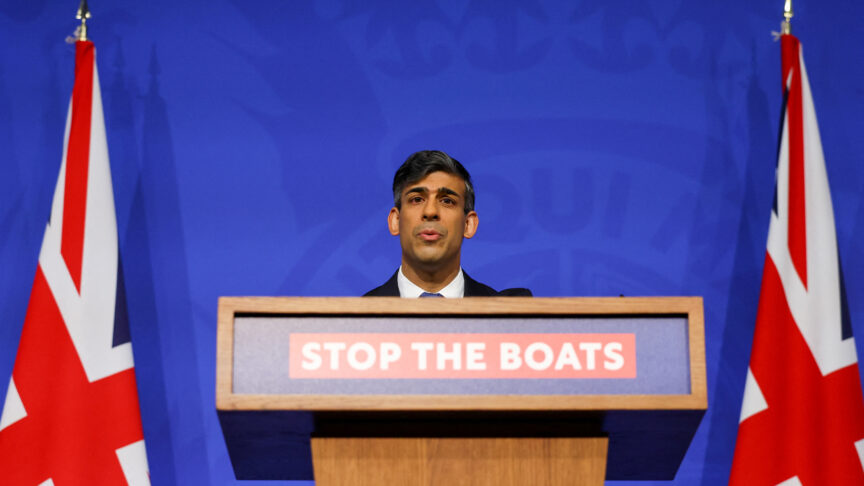In balance: How Italy can solve its China problem
The Italian prime minister Giorgia Meloni’s meeting with President Joe Biden in Washington last week was hailed as a major success in Italy and the United States. But couched in the traditional language of the final statement, between paragraphs outlining the usual bilateral foreign policy topics for Italy and the US – including Tunisia and the upcoming Italian G7 presidency – was a joint commitment “to strengthen bilateral and multilateral consultations on the opportunities and challenges posed by the People’s Republic of China”. As the only G7 and major Western country to participate in China’s Belt and Road Initiative (BRI), Italy’s economic cooperation with China was probably at the core of the talks between Biden and Meloni. Upon Meloni’s return, Italian defence minister Guido Crosetto declared that joining the BRI was an “atrocious move” and that “the issue today is: how to walk back (from the BRI) without damaging relations [with Beijing]. Because it is true that China is a competitor, but it is also a partner”.
Delicate disentangling
Meloni knows that Italy’s membership of the BRI could harm its relations with G7 partners. In her electoral campaign, she already criticised the decision made by the League-Five Star Movement government to join the BRI. Now given the strong statement against the BRI from one of her most prominent ministers, Meloni needs to disentangle Italy from the initiative.
The agreement on the BRI will expire in March 2024, but will be automatically extended unless either China or Italy withdraws. Meloni needs to signal Italy’s withdrawal before the end of the year, both for procedural reasons – she must give three months’ notice to terminate the deal – and political ones. Italy needs to show it has taken action before the European Parliament elections and its G7 presidency in 2024, as China will be a major issue on the agenda for both.
In Washington, Meloni announced that she would visit China during one of her next diplomatic missions abroad, publicly showing Italy’s desire to continue economic relations with China, much like other European Union member states. Before and during the visit, Meloni should seek to reassure Beijing that bilateral economic relations will continue, with a focus on machinery, clothing, pharmaceuticals, and chemicals – which are core to Italy’s exports to China. Meanwhile, she should stress that while China’s exports to Italy increased considerably between 2020 and 2022, Italy’s exports to China have not, using this as the premise for withdrawing from the BRI.
Prioritising partners
Italy’s BRI membership has been an issue for every Italian government that has ruled since the agreement was signed in 2019. While the former prime minister Mario Draghi had the international stance to basically ignore it, Meloni does not yet have that luxury.
Meloni’s priority is presenting herself as a credible partner to her European and G7 counterparts. She has put Italy’s relationships with Western partners first on other issues, including the decision to continue to fully support Ukraine, despite Rome’s previously strong relations with Moscow, and efforts to work alongside European partners on migration.
The European Council on Foreign Relations does not take collective positions. ECFR publications only represent the views of their individual authors.



